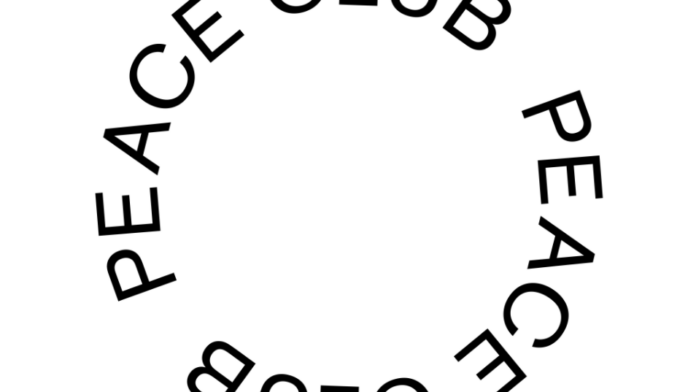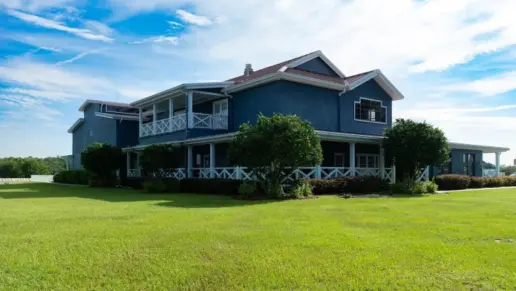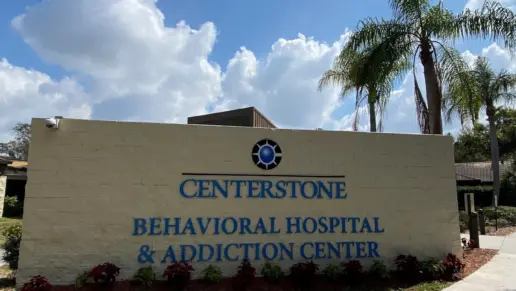About Peace Club
By providing specialized dual diagnosis treatment that clearly addresses trauma, mindfulness, and other drug rehab services, the Peace Club helps adolescents and adults overcome substance abuse in Cocoa Beach, Florida. Through adolescent and adult outpatient and other substance abuse-related specialty services like adult day treatment, the Peace Club aims to encourage purpose and help establish long-term recovery.
The adult outpatient program is operational for three to six months and is available for men and women. When you enroll, you’ll encounter individual and group sessions that total four to six hours weekly. If you need longer programming, the outpatient program lasts up to 12 months.
During your time in this program, expect experiential therapy and the treatment of co-occurring conditions. Patients can also choose to undergo family, trauma, and anxiety counseling while receiving treatment for drug and alcohol addiction.
In contrast, the adult intensive program requires 10 to 15 weekly treatment hours between Monday and Friday. Individual and group therapy sessions are available in the evenings or daytime and are co-ed. Treatment in the intensive outpatient program usually lasts three months and provides more support and structure than a generalized outpatient program. During this time, experiential and community experiences are offered, and patients can receive medication-assisted treatment with FDA-approved medications if necessary.
The adult day treatment program is a far more intensive care program targeting those with substance abuse and co-occurring conditions. In this program, patients must attend treatment at the addiction treatment center for 25 hours a week between Monday and Friday. This program generally lasts one to two months, and during treatment, patients have access to psychiatric services, individual, group, and family counseling, and medication assisted treatment.
The adolescent programs are the same as the adult programs with the exception of treating clients aged 12 to 17. If you’re in the adolescent outpatient program, expect to receive treatment three to five hours per week. If you need more intensive help, expect six to nine hours per week. Their treatment will involve group psychotherapy, psychiatric and case management, and family psychotherapy.
Some of their specialty services offered at this rehab center include juvenile drug court assistance, a child psychotherapy program, and adult drug court assistance.
As a mental health clinic and drug rehab, the Peace Club is CAR-accredited. It’s also a DCF-licensed facility and an approved SAMHSA provider. Those who want to enroll in any of the programs on offer can use their insurance to pay for treatment. However, speaking with your provider to determine which coverage is best. Additionally, self-pay options are available.
Latest Reviews
Rehab Score
Location
Location
Accepted Insurance
Other Forms of Payment
Private insurance refers to any kind of healthcare coverage that isn't from the state or federal government. This includes individual and family plans offered by an employer or purchased from the Insurance Marketplace. Every plan will have different requirements and out of pocket costs so be sure to get the full details before you start treatment.
Self-pay involves paying for treatment out of your own pocket. You can use savings or credit, get a personal loan, or receive help from family and friends to fund your treatment. If you don't have insurance or your insurance plan doesn't cover a specific program, self-pay can help ensure you still get the care you need.
Private insurance refers to any kind of healthcare coverage that isn't from the state or federal government. This includes individual and family plans offered by an employer or purchased from the Insurance Marketplace. Every plan will have different requirements and out of pocket costs so be sure to get the full details before you start treatment.
Military members, veterans, and eligible dependents have access to specific insurance programs that help them get the care they need. TRICARE and VA insurance can help you access low cost or no cost addiction and mental health treatment. Programs that accept military insurance often have targeted treatment focused on the unique challenges military members, veterans, and their families face.
Addiction Treatments
Levels of Care
Treatments
Many of those suffering from addiction also suffer from mental or emotional illnesses like schizophrenia, bipolar disorder, depression, or anxiety disorders. Rehab and other substance abuse facilities treating those with a dual diagnosis or co-occurring disorder administer psychiatric treatment to address the person's mental health issue in addition to drug and alcohol rehabilitation.
A combined mental health and substance abuse rehab has the staff and resources available to handle individuals with both mental health and substance abuse issues. It can be challenging to determine where a specific symptom stems from (a mental health issue or an issue related to substance abuse), so mental health and substance abuse professionals are helpful in detangling symptoms and keeping treatment on track.
Programs

Clinical Services
Research clearly demonstrates that recovery is far more successful and sustainable when loved ones like family members participate in rehab and substance abuse treatment. Genetic factors may be at play when it comes to drug and alcohol addiction, as well as mental health issues. Family dynamics often play a critical role in addiction triggers, and if properly educated, family members can be a strong source of support when it comes to rehabilitation.
Group therapy is any therapeutic work that happens in a group (not one-on-one). There are a number of different group therapy modalities, including support groups, experiential therapy, psycho-education, and more. Group therapy involves treatment as well as processing interaction between group members.
In individual therapy, a patient meets one-on-one with a trained psychologist or counselor. Therapy is a pivotal part of effective substance abuse treatment, as it often covers root causes of addiction, including challenges faced by the patient in their social, family, and work/school life.
Trauma therapy addresses traumatic incidents from a client's past that are likely affecting their present-day experience. Trauma is often one of the primary triggers and potential causes of addiction, and can stem from child sexual abuse, domestic violence, having a parent with a mental illness, losing one or both parents at a young age, teenage or adult sexual assault, or any number of other factors. The purpose of trauma therapy is to allow a patient to process trauma and move through and past it, with the help of trained and compassionate mental health professionals.
Accreditations

The Commission on Accreditation of Rehabilitation Facilities (CARF) is a non-profit organization that specifically accredits rehab organizations. Founded in 1966, CARF's, mission is to help service providers like rehab facilities maintain high standards of care.
CARF Accreditation: Yes

The Substance Abuse and Mental Health Services Administration (SAMHSA) is a branch of the U.S. Department of Health and Human Services. Established in 1992 by congress, SAMHSA's mission is to reduce the impact of substance abuse and mental illness on American's communities.
SAMHSA Listed: Yes
Contact Information
1811 South Orlando Ave
Cocoa Beach, FL 32931










